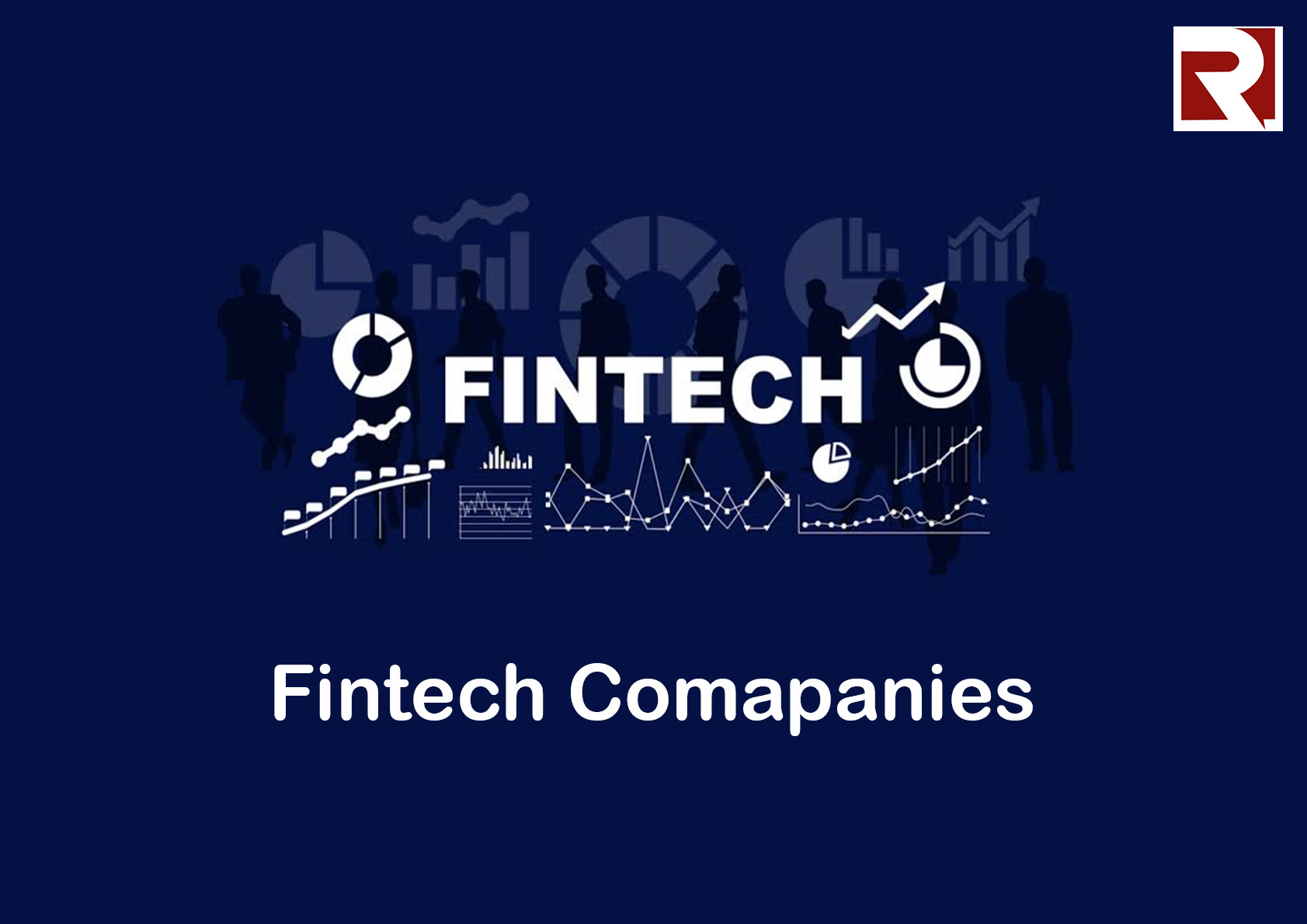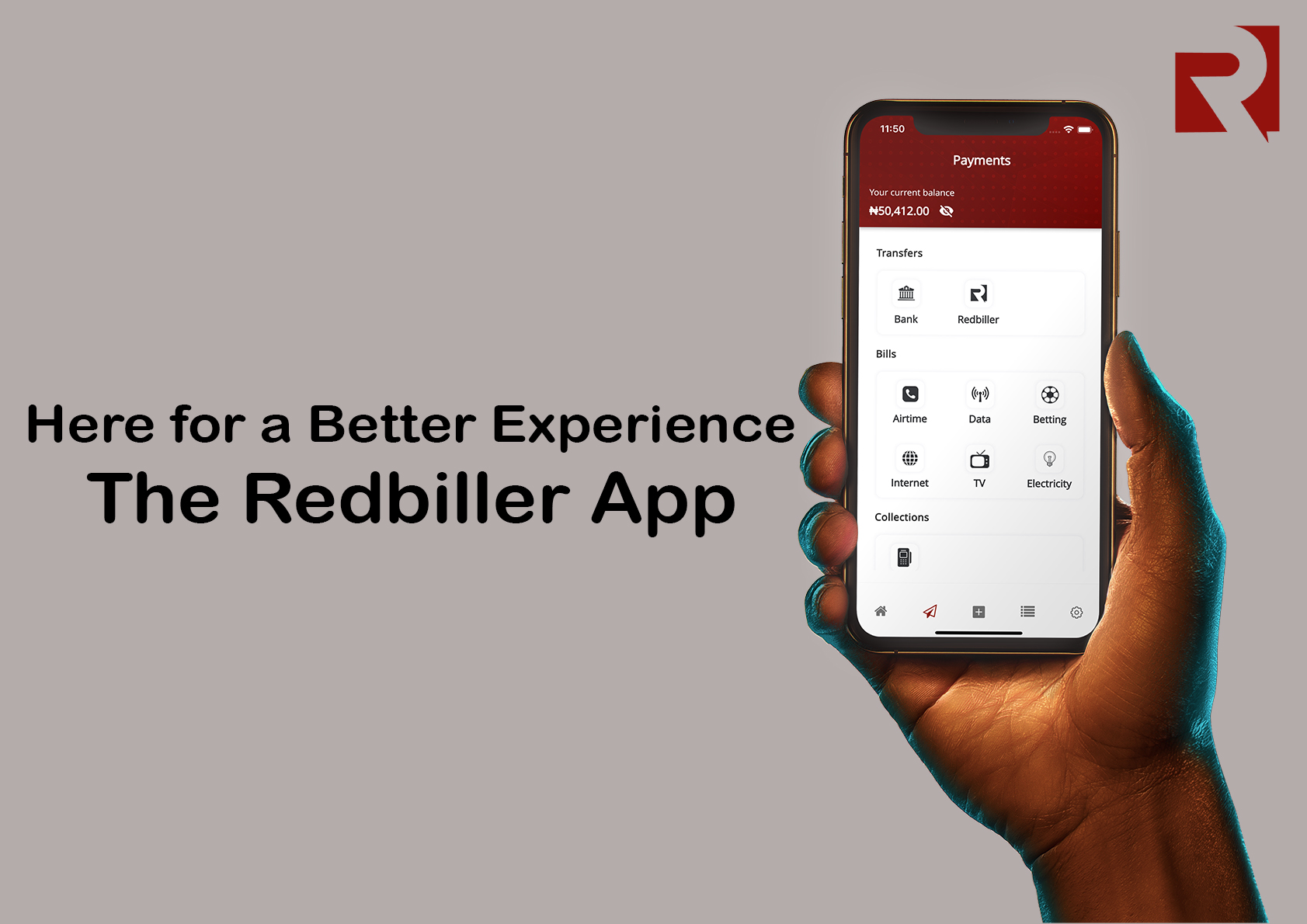Over the last 15 years, Fintech has grown to be a principal part of our finances. Well, our lives. It is an industry we interact with every day. Several businesses have already partnered with Fintech companies, and there is a long list of those still considering it. As you make value exchange with these businesses, you interact with Fintech tools that have been put in place to make the process seamless.
At the start of the 21st century, Financial Technology was all about the upgrade in the banking system. Upgrades enabled by innovations in technology. But now, it has grown to become an industry of its own. With all its operations and services still tied around finance, exchange, and security.
Fintech has come to stay and as an individual and as a business, it is good you get familiar with this industry. Classification of Fintech companies is, of course, by the type of service offered. Here is a list of Fintech companies you are likely to interact with.
Payment Service Providers
These Fintech companies provide collections and disbursements services to businesses. Their primary product is Payment Checkout which is integrated on the merchant's websites to enable people to make payments on the website after purchase. They offer an all in one system which helps business owners manage their business finances from one platform. They operate as partners or subsidiaries of banks that provide Virtual Bank Account services.
Redbiller checkout service combines multiple payment channels for your customers to choose from. It is needless to say how this will help scale your business sales as people like it when they have options to choose what suits them best. Redbiller also offers real-time reporting of all transactions that enables you to keep track of your cash flow and balance your books.
Investment and Trading
Investments and trading companies offer a platform where you can buy and trade stocks, bonds, stakes, and treasury bills online. It has become as easy as downloading the app on your Phone. This breed of Fintech companies closes the gap between you and the stock market, the banks, the government, the businesses.
Some companies even offer you the opportunity to buy and trade stocks internationally. They partner with PSPs for payments, enabling you to buy and trade internationally with your currency. You can also monitor your investment on the platform. These companies have even made it such that you can start small. You can buy as little as you want and grow over time.
Savings and Investment
This is one of the new branches of Fintech, dating back to just a little over 5years ago. This breed of Fintech companies serve a cocktail of ideas from the traditional banking system, the piggybank saving system, and more recently, the stock investment system.
They offer a platform for people to save their money in several ways and with higher interest than the Banks' savings account. They operate as a bank for just saving your money. The idea is to help you save. Just save. You can create a target saving to save up to get something. You can also lock up your money, so you won't be able to access it for a while. Just like a current account, right? Well, this one offers a better interest rate.
In Nigeria, the pattern of the dollar rising against the naira has become a norm. These platforms also offer an opportunity to buy and save dollars, not only helping your money retain value during inflation but also increasing in value. They recently added opportunities for their clients to invest in businesses and get their money back within a space of time, with interest ranging from 15% - 40%. The investments include Agriculture, Real Estate, Fixed income, and Transportation. Time of returns ranges from 6 -18 months.
Lending Companies
Emergency loans are now possible and at your fingertips. The Banks' stringent policy on loans gave these companies an easy welcome among people. These companies provide small loans to individuals and businesses which are repayable at a specified interest rate and an agreed period. In most cases, collateral is not required, and the loans are disbursed within a few hours of applying. The use of the money is at the borrower's discretion -there is no regulation as to how the money is spent or what it is used for.
Some loan companies don't give out money, instead, they pay for items bought while the customers pay back with interest within an agreed period. A percentage of the actual price of the item is usually required as a downpayment before the purchase is made.
Fundraising Companies
You can call this a cooperate platform, charity platform, or investment platform because that's what happens there. These companies have Platforms where a lot of people can come together and contribute money towards a cause. This money can be to support a common cause, help people or support a business. Unlike investment platforms, when you contribute to fund a business on this platform, it is a charity investment. There is no ROI coming in for you, except the company has a gift to appreciate every supporter.
These platforms make it possible for a large number of people to contribute small tokens, that when summed, can cater to the need for which it was set up. A crowdfunding account can be opened to settle the medical bill of someone who cannot afford to pay their bill. Everyone contributes whatever amount they have till the money reaches the needed amount and the account is closed.
Conclusion
At the root of these Fintechs are the PSPs because they are channels through which the money flows - Payments, Disbursements. Of course, if it doesn't involve money, then it's not Fintech. And that is why your choice of a PSP should come with an understanding of the implications the partnership holds for your business.



